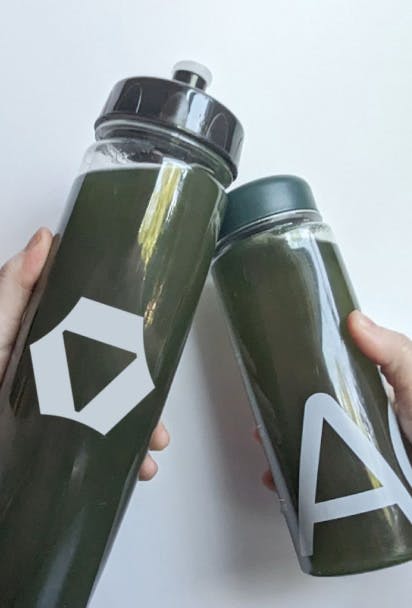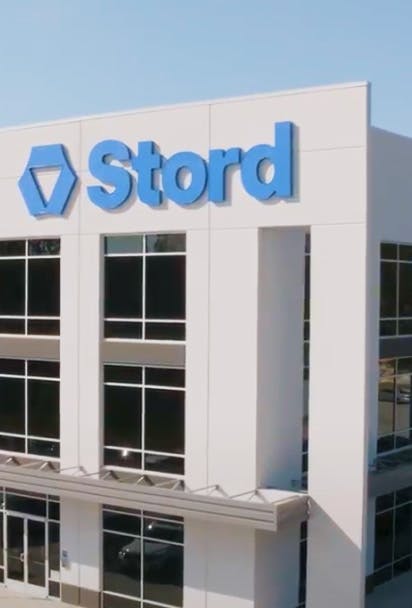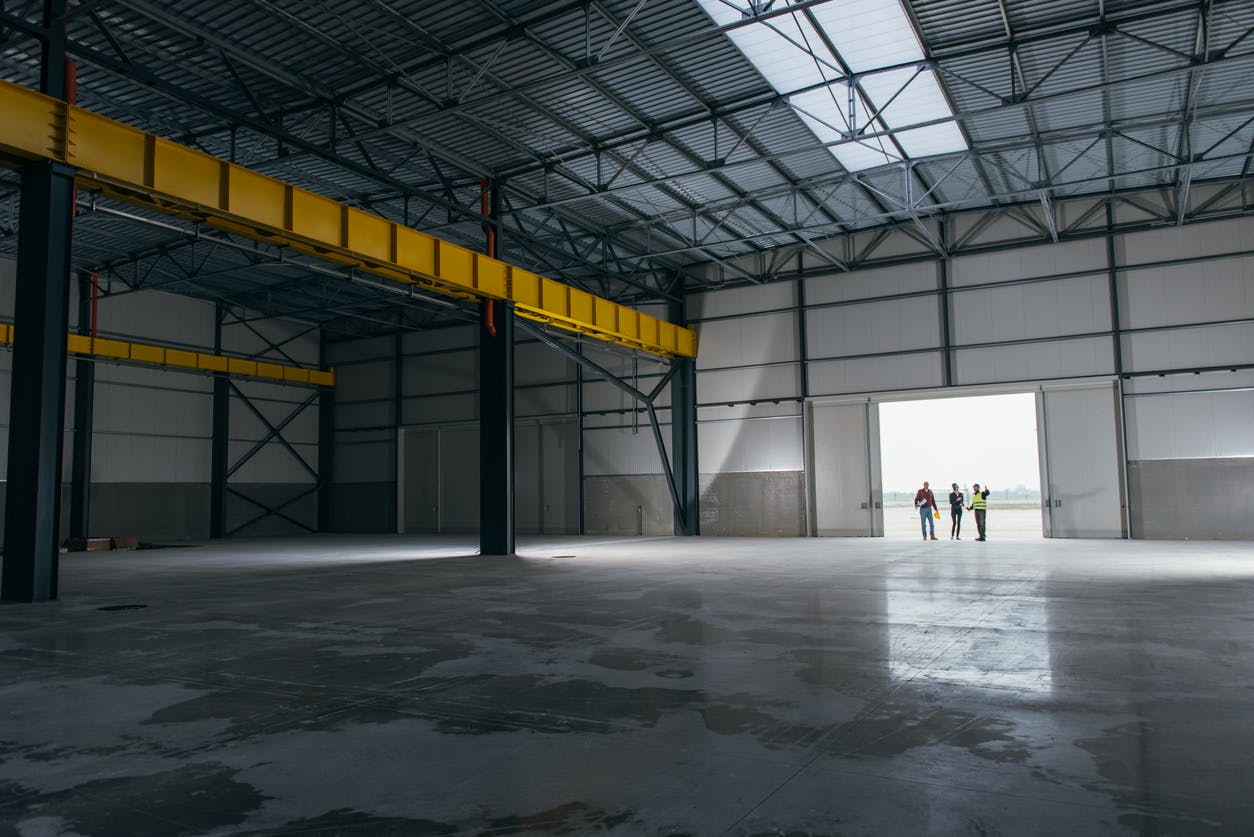July 9, 2020
Choosing a third-party logistics provider (3PL) is a huge decision. Supply chain management and logistics services done well are a key strategy in an e-commerce business or any retail business succeeding. Finding the right 3PL provider means your company can focus on other initiatives, like customer acquisition, marketing, product development and other growth opportunities. But finding the best third-party logistics provider for your needs takes work and forethought.
What is a 3PL provider?
A 3PL company is a logistics company that provides the e-commerce outsourcing to receive, store, pick, pack and transport your goods. Ideally, they provide more than just these services, offering expertise and best practices to help your company handle this portion of your business in a cost-effective manner. They should be a 3PL partner, not just a 3PL provider, with the subtle distinction that if you succeed, they succeed – you’re in this together.
Using a 3PL instead of running your own warehouse means you don’t have to lease warehouse space or buy expensive equipment, all part of warehouse management. You shift order fulfillment to a third party, which can result in cost savings, as you’re not hiring or managing labor. Growing businesses sometimes make the mistake of keeping too many of these details in-house, taking away from the business’ primary focus. As your business grows, fulfilling orders in-house becomes more and more expensive.
How to search for a 3PL partner
Before beginning your search for 3PL services, gather a team representing different parts of your business, including information technology (IT), sales and marketing, purchasing, finance, logistics operations and supply chain management. Define your process for choosing a 3PL company, by determining your business needs, like handling perishables or cold chain warehouse space, cross-docking services, freight forwarding, kitting, or customized packaging. Evaluate your shipping data to get a clear understanding where your customers are located, and how quickly you want or need to deliver goods to customers.
Each 3PL company is a little different, sometimes specializing in a specific region, type of goods, or focusing on unique business needs. Asking companies similar to yours for recommendations may help narrow the search process.
Here are some things to investigate when evaluating a potential 3PL.
1. 3PL services:
Get an exhaustive list of what services the 3PL company offers. The minimal services include picking, packing and transportation management. But look deeper. What is their inventory receiving and inventory management process like? Can you cross-dock to minimize storage costs? What does their warehouse look like and how would your items be stored and tracked internally, whether on pallet or shelf? Is their fulfillment services process automated in any way, in terms of picking and packing as well as determining shipping cost? How do they handle customization?
2. Carrier relationships:
3PL services may require you to use their carrier relationships, which means they negotiate the contracts and discounts. Find out which carriers and trucking they use and how they determine which packages go with which carriers. Pricing these services is important to understand as well.
3. Location:
Evaluating their warehousing locations and distribution centers is key to keeping the shippers’ costs low. Ask the logistics company about their warehousing locations to see if they are a good fit for your needs. Consider that your needs may change as your company grows and customers come from other areas of the country – or world. Signing on the right 3PL means you have options to move some inventory to other locations without needing a new or additional 3PL company. Using a distributed warehouse system can save transportation management costs.
4. Scalability:
Can the potential 3PL provider scale service up or down depending on your business needs and order volume? Your business might have seasonal highs and lows, or inventory management might change dramatically based on changes in the economy. Can the 3PL company handle this without your rates changing dramatically?
5. Technology:
Your business shouldn’t need a warehouse management system for inventory management. The 3PL provider should have the technology to sync warehousing inventory with your ordering system and e-commerce platform, providing real-time information on availability. That type of visibility can help with tracking, ordering, and forecasting.
6. Costs:
Get a full list of costs for every service for which they charge. That might include onboarding, inventory receiving, storage, picking and packing, customization, kitting, packaging, shipping, and return logistics. These costs affect the bottom line.
7. References:
When you’re closing in on a third-party logistics provider, do your due diligence and call references to find out about how the company handles problems, responsiveness to client inquiries, the company’s financial stability, and any other challenges or obstacles. Ask about whether the third-party logistics company meets the client’s KPIs?
Some companies think they need to go with a big name like Amazon as a 3PL provider. Certainly Amazon is well known. But companies like Stord offer the personalized service, scalability and technology to partner with e-commerce companies looking for cost-effective and high-quality supply chain solutions. Let us show you how we can help you.




